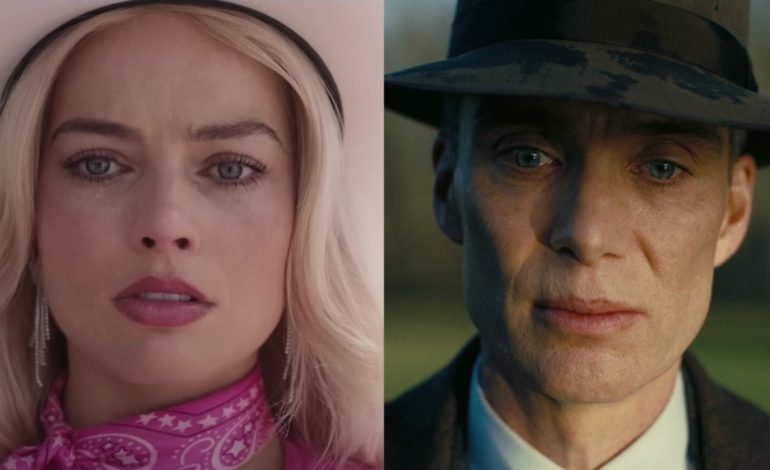

From women dominating the Grammys to the release of Barbie and Taylor Swift’s Eras Tour, 2023 was dubbed by many as “the year of girl.” In a new research brief from USC’s Annenberg Inclusion Initiative, it was revealed that the percentage of women protagonists in films last year was the lowest it’s been in a decade.
Despite Barbie dominating the box office last year, a demographic analysis of the rest of 2023 films indicates that the industry is still investing primarily in male-centered movies. Only 30 percent of the top 100 films of 2023 featured a female lead or co-lead, the lowest percent in a decade.
AI2 has compiled this data annually since 2007, which featured the lowest percentage of female protagonists at 20 percent. 2023’s mark is a considerable drop from 2022 with a record high 44 percent.
Stacy L Smith, the AI2 founder said in a statement:
“This is a catastrophic step back for girls and women in film. These numbers are more than just a metric of how often girls and women are in protagonist roles. They represent the career opportunities offered to women in the industry…. Even by looking at the films that were moved to 2024 because of the strike, we cannot explain the collapse of women leads/co-leads in 2023 other than to say that this is an industry failure.”
Only three movies featured female leads or co-leads who were 45 or older: Cocaine Bear (Keri Russell), My Big Fat Greek Wedding 3 (Nia Vardalos) and Magic Mike’s Last Dance (Salma Hayek). This report did not include pure ensemble films. 32 movies were led or co-led by men in that age demographic – and 24 of those specifically starred white men.
That’s more than the total number of movies that centered a woman of color, which was only 14. The number of lead or co-lead actors of color in 2023 was 37 (up from 31 in 2022). 15 were Black, 10 were multiethnic or categorized as “other,” nine were Asian, three were Hispanic or Latino and one was Middle Eastern/North African.
Lead author Katherine Neff said:
“The film industry continues to not show up for girls and women and the backpedaling on progress for women of color in leading roles is disappointing. This is true not only for young women of color but for underrepresented women in middle age and older, whose stories are often completely erased.”
Among the major studios, Disney was the top distributor for both female- and POC-led movies, with 41.61 percent of its projects featuring a girl or woman protagonist. Disney and Warner Bros. tied for having the highest percentage of its releases led by a character of color at 38.5 percent. By contrast, 56.5 percent of films from smaller distributors, like A24 and Roadside Attractions, centered characters from minority groups or with historically excluded backgrounds.
“Notably, the increase in underrepresented leads was not driven by content from the legacy studios,” Smith said. “It was films from smaller distributors and international fare that were responsible for the uptick we found in 2023. This year should have reflected the commitments major studios made in the wake of George Floyd’s murder, but these are not the places responsible for the push for greater inclusion.”
